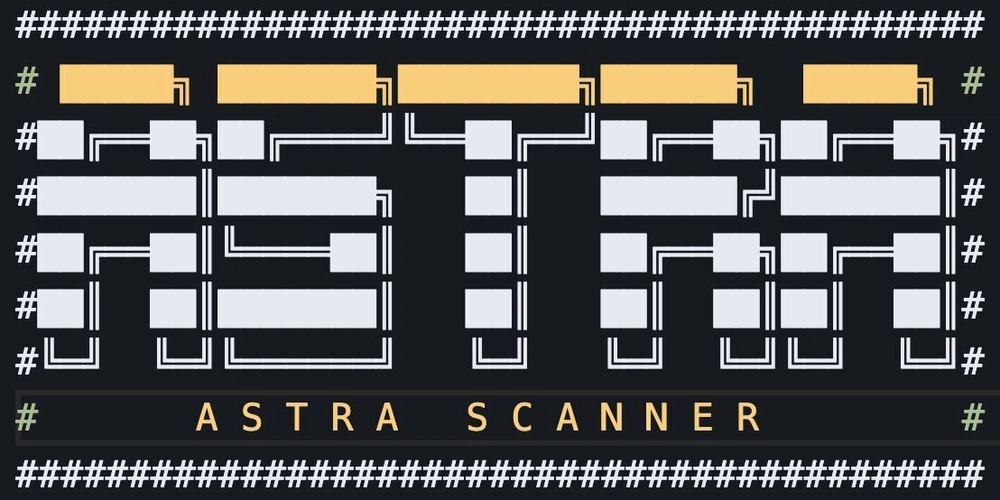Preventative Measures to Avoid Costly HVAC Repairs in Pittsburg
Learn effective steps to prevent expensive HVAC issues in Pittsburg. Explore smart maintenance habits that keep your system running without surprise costs.

Staying ahead of HVAC problems doesn’t just save money—it keeps your home comfortable through all seasons. Without a proper plan, even a minor issue can grow into a major expense. Regular maintenance and proactive measures are key to avoiding those sudden, costly repairs. This guide explores how to prevent breakdowns before they begin, using simple, effective practices that any homeowner can implement. By addressing small issues early on, you’ll not only extend the life of your system but also improve its efficiency.
Why Regular HVAC Maintenance Matters
Your HVAC system works year-round to control indoor temperatures. Like any machine, wear and tear happen over time. Without regular upkeep, parts begin to fail.
One of the top causes of repair is buildup—dirt, debris, or moisture gathering inside components. These elements slow performance and strain the system. Over time, this leads to overheating, poor airflow, and higher energy use.
Routine checks catch problems early. Technicians can replace aging parts, clear obstructions, and make small adjustments before major issues arise. Investing in consistent service reduces the risk of sudden failures. And importantly, it extends the system’s overall lifespan.
Change Filters on a Consistent Schedule
Clogged filters are a silent threat to any HVAC system. They restrict airflow, causing the system to overwork. This drives up energy bills and increases the risk of a breakdown.
Most filters need to be changed every one to three months. Homes with pets or high dust levels may need more frequent changes. Ignoring this step puts stress on your blower motor and can even cause frozen coils in summer. Set reminders to check filters monthly. Replacing them is inexpensive, easy, and one of the most effective ways to prevent system wear.
Clean the Outdoor Condenser Unit.
The outdoor condenser handles the system’s heat exchange. Over time, leaves, dirt, and grass can collect around the unit. When airflow gets blocked, the system can’t cool properly.
Make it a habit to clean the area around the condenser. Keep at least two feet of space clear on all sides. Use a hose to wash off debris from the fins, and always shut the power off before cleaning. Simple outdoor maintenance protects your unit from overheating and costly damage.
Schedule Seasonal Inspections
HVAC problems often appear during extreme weather. To avoid breakdowns during winter or summer, schedule inspections during the off-seasons.
Fall and spring are ideal times to bring in a professional. They’ll check refrigerant levels, test electrical connections, and look for hidden issues. This small investment gives you peace of mind before temperatures rise or drop sharply. Seasonal inspections are also a great time to catch worn belts, dirty coils, or faulty thermostats. Fixing these early avoids high repair bills later on.
Seal and Insulate Your Ductwork
Leaky ducts are one of the top causes of heating and cooling loss. When air escapes, your system works harder to compensate, raising your energy bill. Over time, these leaks stress the system and shorten its life. Poor insulation also lets outside air affect indoor temperatures.
Inspect your ductwork for gaps, loose fittings, or missing insulation. Use foil tape or mastic sealant to close small leaks. For larger issues, hire a technician who can test airflow and correct any loss. Sealing ducts improves energy efficiency and helps prevent wear on your HVAC system.
Keep Vents and Registers Open and Clean
Blocked vents restrict airflow and reduce the system’s ability to distribute air evenly. People sometimes close vents in unused rooms to save energy, but this creates pressure buildup in the duct system. Dust buildup around vents also limits airflow. Cleaning them with a vacuum and brush helps maintain performance.
Make sure all vents are clear of furniture and other objects. Even partial blocks reduce airflow and strain your system. Keeping vents open and clean helps reduce the load on your HVAC equipment.
Monitor Your Thermostat Settings
Running your HVAC system continuously at extreme temperatures can wear it down faster. Smart thermostat settings reduce strain and energy use.
In winter, keep the heat between 68–70°F when at home and lower when away. In summer, aim for 76–78°F and raise it when out of the house. Use programmable thermostats to automate changes.
Avoid big temperature shifts, which force the system to work harder. Smart habits around thermostat use can greatly lower the chance of mid-season breakdowns.
Drain Lines and Moisture Management
Your HVAC system has a drain line that removes condensation. Over time, algae or mold can clog the line, leading to water backup. This can cause water damage and system shutdown.
Pour a small amount of vinegar into the drain line every few months to kill bacteria and clear buildup. Check the area around your unit for standing water, rust, or damp insulation. Address these issues early to avoid costly repairs. Drain maintenance is often overlooked but plays a big role in system health.
Use the Right HVAC Filter Type
Not all filters work for every system. Some homes need high-efficiency particulate air (HEPA) filters, while others function better with basic fiberglass ones. Using the wrong filter type can limit airflow or let dust pass through. Review your HVAC system’s manual or ask a technician which filter works best.
High MERV-rated filters trap more particles but can block airflow in systems not built for them. Stick to the recommended rating for best results. Choosing the proper filter keeps the system balanced between clean air and energy efficiency.
Listen and Watch for Warning Signs
Your HVAC system often gives clues when something is wrong. Odd noises, burning smells, or weak airflow all signal problems. Don’t ignore small signs—they tend to worsen over time. Unusual spikes in your utility bill may also indicate a hidden issue. If you notice anything out of the ordinary, schedule a check-up promptly. Responding early to these signs helps you avoid system shutdowns and expensive fixes.
Conclusion
Preventing major HVAC issues doesn’t require high costs or technical skills. Small, regular actions make a big difference. By keeping filters clean, scheduling inspections, and addressing issues early, you protect your home and your wallet.
Every homeowner in Pittsburg should stay ahead of these problems. This approach reduces the need for HVAC repair in pittsburg while promoting better air quality and comfort.























































































